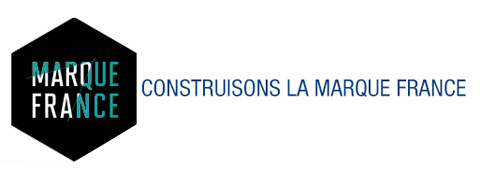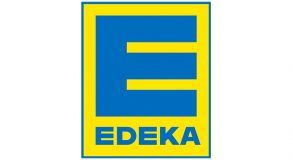
Afnic is sharing its findings in order to raise awareness about the importance of using the .fr ccTLD to support the “France” brand, as part of its representation within the digital territory, by covering the following issues:
What differentiates France in your specific business sector?
The digital sector is a growth area for our national economy and one that creates jobs. Whether the country is represented by well-known business leaders or aspiring entrepreneurs, France plays a preeminent role in the development of the Internet of today and tomorrow, not only in terms of technology and uses, but also in terms of its commitment to governance issues. In our industry in particular, the .fr ccTLD is one of Europe’s most dynamic TLDs (market share up 15% in 2012) and is steadily gaining ground over its main competitor in France, the .com.
In your opinion, what are the best examples and strengths of French expertise?
The quality of science education and the training of French engineers in particular is recognized internationally, to the point where majors in information technology are trying to attract our best graduates overseas. That know-how, which allows France to remain fairly well placed in terms of patents, is an important asset for the development of the sector.
More specifically, what are best examples and strengths of French expertise in your business sector?
As a key player in the French naming industry, Afnic – the registry designated by the French government to manage domain names with the .fr TLD – defends an open model backed by the French Internet community, in order to promote increased web usage and services on the one hand, and on the other allow the greatest possible number of people to manage their digital identities more effectively. Through the assignments entrusted to it, our association is helping to develop a safe and secure Internet by sharing its expertise to facilitate the transition towards the future Internet. These clear-cut commitments are recognized nationally and internationally and make our business model stand out from those chosen by other players in the sector.
What do you think is the best example of the French ability to be a business pioneer (i.e. invent products that become part of everyday life and are a source of new markets)?
In our business sector, the invention of the datagram as part the Cyclades project was a forerunner to the Internet as we know it today. The smart card, which has largely contributed to the democratization of mobile telephony, was invented by Roland Moreno. The card, which is now used in a wide range of electronic devices, has been distributed and marketed by French majors.
In your opinion, what are the values on which the “France” brand could be based?
Proximity to consumers, building trust through transparency, promoting French innovation.
In your opinion, how should professional bodies and companies be involved in this initiative?
To transform the government’s initiative, the “France” brand must be a real means of economic differentiation. To do so, the entire value chain must be actively involved in the development of the brand. The various representative bodies concerned will be involved in the discussions and thus become more aware of the importance of using the brand in their day-to-day operations.
Apart from product labeling (designing a logo, defining the specifications for its use), what do you expect from the “France” brand? What services should be available to promote it?
A “country brand” marketing strategy is naturally linked to a territory, its know-how and its history. It must catalyze the various differentiation factors in a common brand promise, understandable to one and all. As part of its deployment, its use on the Internet must be identifiable through a simple marker that integrates all of these issues. By using the .fr ccTLD, a natural landmark since in France 3 out of 4 cybernauts spontaneously search for the website of a French company with the .fr TLD (source: Metro-Panel 2010), not only can the “France” brand build on part of its digital history, use of the .fr TLD will also guarantee a reliable and innovative means of promoting the brand for all the stakeholders involved in the initiative, as well as responding to the French vision of an Internet open to one and all.
- To take part in the consultation (in French), please visit: www.marque.france.fr
About Afnic
Afnic is the acronym for Association Française pour le Nommage Internet en Coopération, the French Network Information Centre. The registry has been appointed by the French government to manage domain names under the .fr Top Level Domain. Afnic also manages the .re (Reunion Island), .pm (Saint-Pierre and Miquelon), .tf (French Southern and Antarctic Territories), .wf (Wallis and Futuna) and .yt (Mayotte) French Overseas TLDs.
In addition to managing French TLDs, Afnic’s role is part of a wider public interest mission, which is to contribute on a daily basis, thanks to the efforts of its teams and its members, to a secure and stable internet, open to innovation and in which the French internet community plays a leading role. As part of that mission, Afnic, a non-profit organization, has committed to devoting 11% of its Revenues from managing .fr Top Level Domain to actions of general interest, in particular by transferring €1.3 million each year to the Afnic Foundation for Digital Solidarity.
Afnic is also the back-end registry for the companies as well as local and regional authorities that have chosen to have their own TLD, such as .paris, .bzh, .alsace, .corsica, .mma, .ovh, .leclerc and .sncf.
Established in 1997 and based in Saint-Quentin-en-Yvelines, Afnic currently has nearly 90 employees.




